Q&A: JOHN POMFRET, Author
Written on August 6th, 2008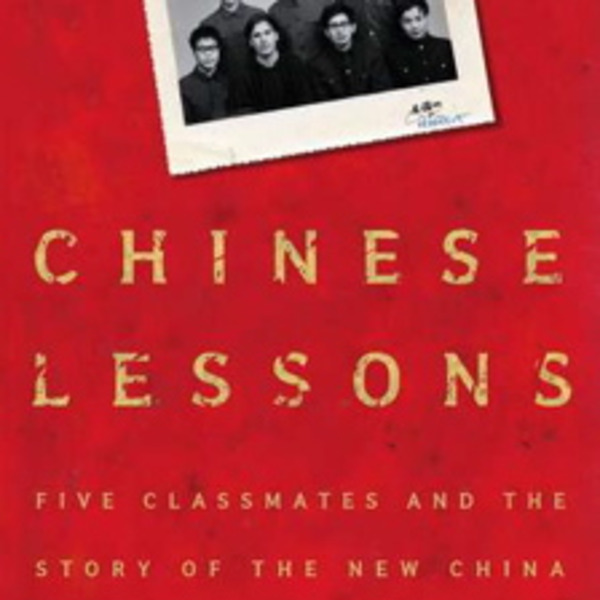
Aired 08/05/08 Currently editor of The Washington Post's Outlook section and formerly the Post's Los Angeles bureau chief, John Pomfret lived and worked in China off-and-on for a decade - as a student, an AP reporter and the Post's chief in Beijing - and was eyewitness to the '89 Tiananmen Square protests. He has been a foreign correspondent for 15 years, covering big wars and small in Afghanistan, Bosnia, Congo, Sri Lanka, Iraq, southwestern Turkey and northeastern Iran. In 2003, Pomfret was awarded the Osborne Elliot Award for the best coverage of Asia by the Asia Society.
Q&A: Emily Levine, Author, Performer and Jester
Written on July 29th, 2008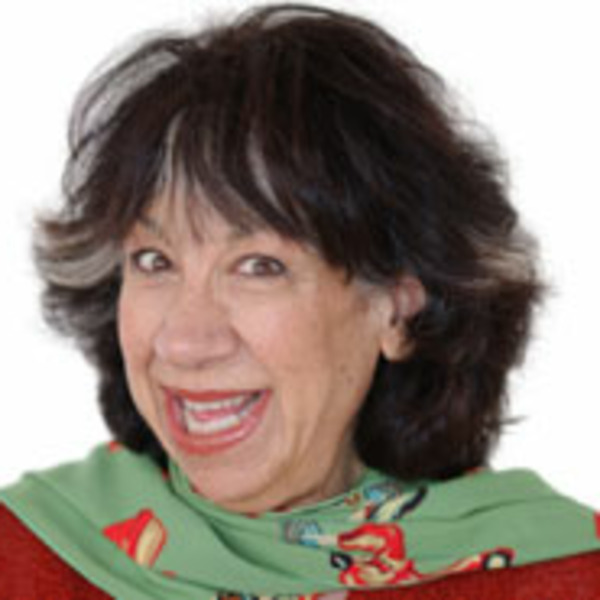
Aired 07/29/08 Emily asks big questions, questions big answers, and makes us laugh. Emily Levine's website calls her a “speaker, comedian, epiphany provider.” She was formerly a successful television writer. During a stint at Disney, she became more and more interested in Chaos Theory and the Dynamics of Change but found no studio executives willing and/or able to discuss these issues. As is true for so many sitcom writers, Levine was invited to speak at a couple of think tanks: for USC's Institute for the Study of Women and Men, she spoke on "Beyond Either/Or". Reading up on physics theory for a physicists' think tank in La Jolla, Levine discovered the quantum logic of And-And. Levine realized she didn't have to make an Either/Or choice - she could be smart and funny. Entertaining and enlightening. She could be a comedian and a philosopher. I first met Emily Levine in the early 80s. We both worked out regularly as part of an anarchic and frighteningly creative improv group. We included some of the mad pioneers of the form and performed in public maybe three times in five years. It was there I learned the first rule of successful improvisation - “yes/and.” You stop the creative flow when you say no to what's thrown at you. You keep it moving when you say “yes” “and” run with it. This rule holds true for most improvs in life. From “yes/and” to “and/and” and beyond… http://www.emilylevinesuniverse.com
Q&A: RIKI OTT, Author and Marine Biologist
Written on July 21st, 2008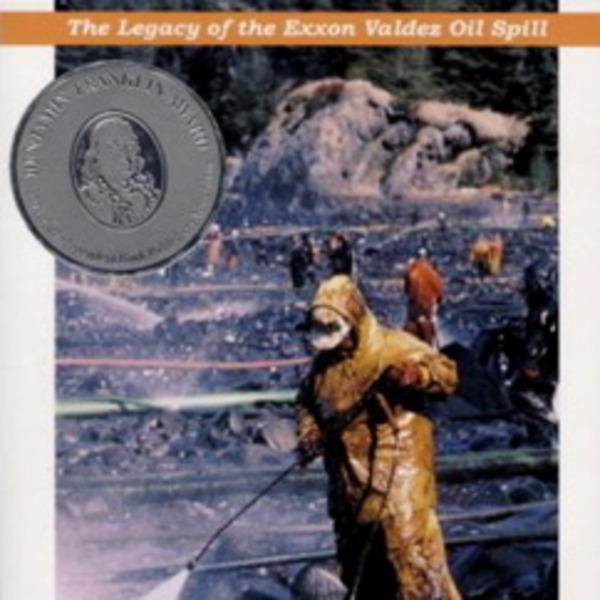
Aired 07/15/08 In late summer1989 I spent a week living among and interviewing the fishermen and citizens of Cordova, Alaska. Once they'd realized that federal, state and corporate entities were moving too slowly to save their fisheries, many of them had moved heroically to import and place booms around the most vulnerable areas. Fishing was destroyed for that year so many of them were employed by Exxon in that summer's massive cleanup efforts. Though the luckiest among them earned the newly coined designation - “spillionaires,” the natural, social, and economic fabric of Cordova and Prince William Sound have never been the same. Last month, 19 years after the spill -- and two days after climate change scientist James Hansen told Congress that ExxonMobil and other fossil fuel CEOs "should be tried for high crimes against humanity and nature" for their role in delaying the global response to climate change -- the Supreme Court reduced a $2.5 billion punitive judgment against Exxon for the Valdez disaster to $500 million. Exxon made more than $40 billion in profits last year. RIKI OTT and I took a look at the long sad aftermath of the oil spill -- with an eye toward the broader context of corporate power versus nature and humanity. OTT believes this is the civil rights movement of our day. RIKI OTT Marine biologist, former commercial salmon "fisherma'am" and Author of SOUND TRUTH AND CORPORATE MYTHS: The Legacy of the Exxon Valdez Oil Spill; NOT ONE DROP: Betrayal and Courage in the Wake of the Exxon Valdez Oil Spill http://www.soundtruth.info/
Q&A: Robert Scheer, Author, Columnist and Editor
Written on July 17th, 2008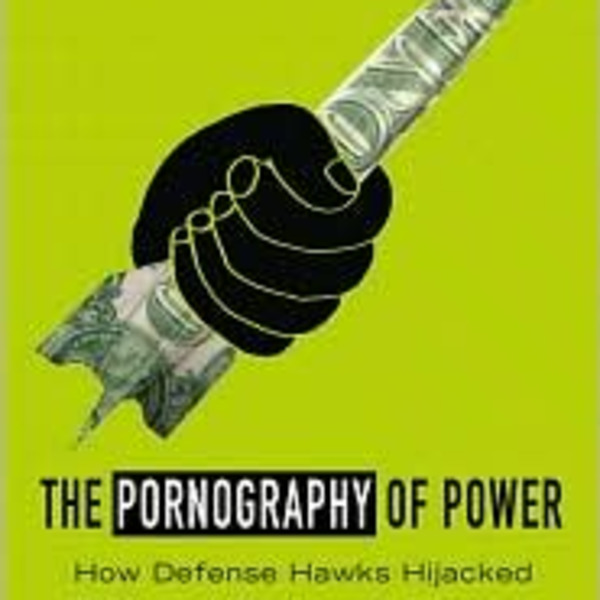
Robert Scheer, Editor-in-chief of the web magazine http://www.truthdig.com and the author of seven books, the “left” of KCRW's nationally syndicated Left, Right, and Center, a weekly columnist at the San Francisco Chronicle, and a contributing editor to The Nation. His latest book is "The Pornography of Power: How Defense Hawks Hijacked 9/11 and Weakened America." THE PORNOGRAPHY OF POWER serves as an update to the World War I-era book WAR IS A RACKET. The former expands on the latter's theme of money, not security, as the reason for both military action and peacetime military spending. (You can read WAR IS A RACKET for free on-line with a web search of the title.) A sensible response to box cutters and poorly-constructed cockpit doors should cost taxpayers less than billions of dollars for F-22 Raptor fighter planes. Yet as THE PORNOGRAPHY OF POWER details, the Bush Administration and Congress used the September 11, 2001, hijackings as an excuse to place orders for those and many other expensive, unnecessary killing machines beneath the Christmas trees of their weapons manufacturer campaign contributors. Oh, and don't forget jobs. As if it were a contest to see if people will accept the stupidest rationale for spending tax dollars on overpriced, needless weapons, public officials cite jobs, THE PORNOGRAPHY OF POWER recounts. Imagine the community improvement were the government to spend all that money on hospitals, schools or infrastructure instead of unnecessary military stuff - while creating as many and probably a lot more paychecks. Perhaps school children should lobby Congress during their recess. Nearly 100 years since World War I, war still proves the greatest racket.
Q&A: Lawrence Lessig, Professor and Author
Written on July 14th, 2008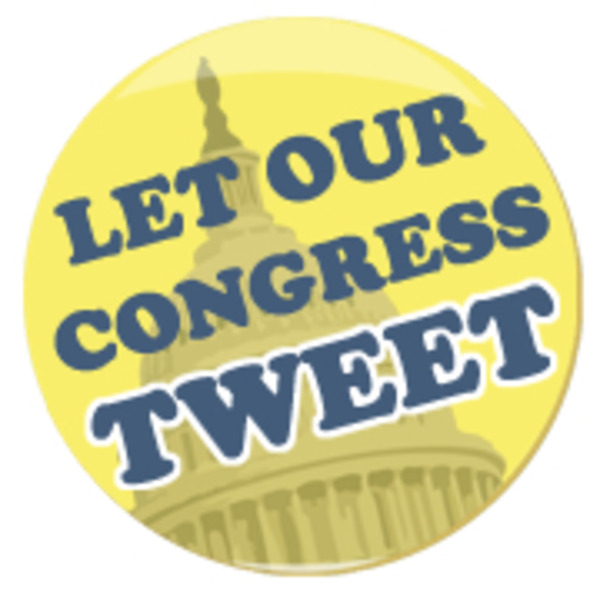
Lawrence Lessig, a professor at Stanford Law School, is a leading thinker on technology and Internet policy. He is the founder of Creative Commons and author of "Code, The Future of Ideas, and Free Culture." You can learn more at http://change-congress.org Change Congress is a movement to build support for basic reform in how our government functions. Using our tools, both candidates and citizens can pledge their support for basic changes to reduce the distorting influence of money in Washington. Our community will link candidates committed to a reform with volunteers and contributors who support it. Our Principles Change Congress is a national movement to end corruption in America's congress. We're organizing citizens to push candidates to make four simple commitments: 1. No money from lobbyists or PACs Congresspeople should be beholden to citizens, not special interests. By committing not to accept money from lobbyists or PACs, candidates give us confidence that their votes won't be swayed by big money. This pledge was most prominently advanced by Senator Edwards in his Presidential campaign. To read more, click here. 2. Vote to end earmarks. Earmarks allow congresspeople to explicitly decide who should get the money our government spends. Because of the earmark economy, money that is supposed to go to our schools, our soldiers, and our citizens is instead diverted to political donors and pork-barrel projects like the "Bridge to Nowhere". We can't clean up Congress until we end this blatant system of corruption. Republicans have recently pushed prominently for changes such as these. A pledge to support ending earmarks means a Member will vote for proposals that will permanently abolish earmarks. Importantly, it does not mean that while the system of earmarks remains, the Member will choose to forego earmarks for his or her district. Until the system is changed, that choice is left up to the Member. 3. Support reform to increase Congressional transparency Sunlight is the best disinfectant, and we would all benefit from a cleaner Congress if more of its proceedings, and the proceedings of its members, were public. This pledge calls for changes in the law and rules of Congress to get all members to be more public about meetings and contacts, including changing the rules so lawmakers post weekly updates of their campaign contributions, meetings with registered lobbyists, their latest earmark requests, and significant changes in their personal wealth. ` 4. Support publicly-financed campaigns. It's not enough to just push particular candidates to stay out of the system of corruption; we have to reform the system itself. Publicly- financed campaigns will stop the cycle of campaign finance reform loopholes and ensure that big money stays out of Congress forever. Public financing has been supported by both Republicans and Democrats.
